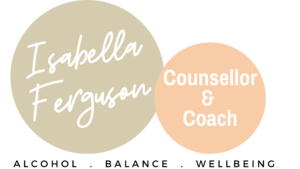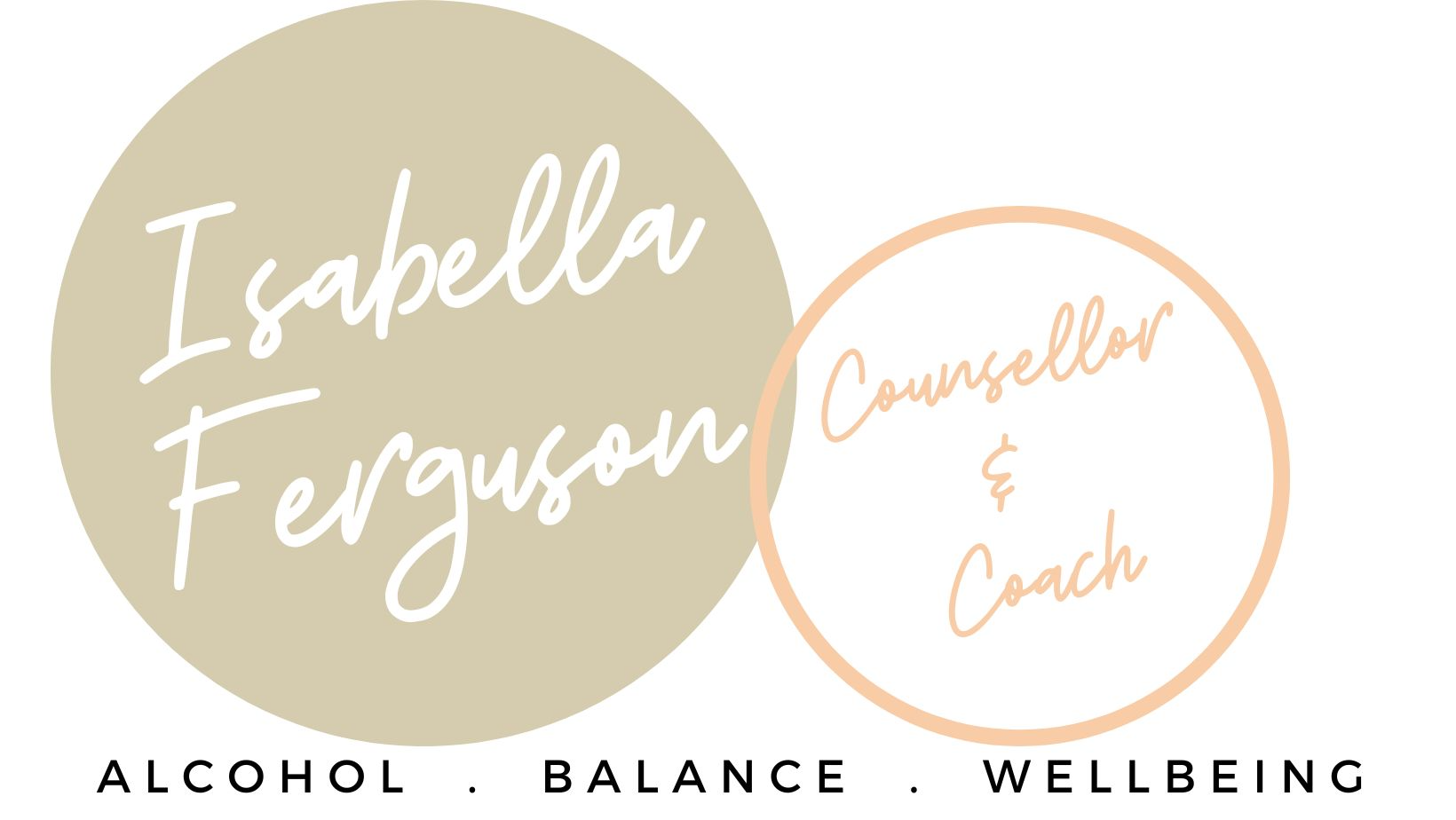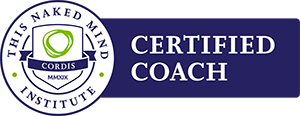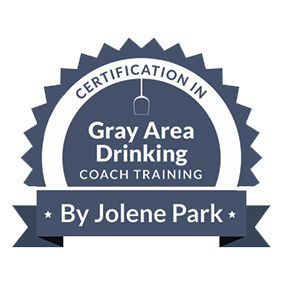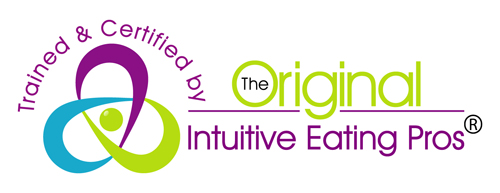Managing Difficult People: Practical Strategies with Dr. Rebecca Ray
My most recent episode of De-Stress for Success is all about difficult people. You know the ones! Those people in your life that press your buttons, make you feel like you are the problem, that leave you ruminating over what was said and wondering why you feel so awful. Who better to help us learn how to deal with difficult people, that the author of Difficult People, clinical psychologist, Dr Rebecca Ray.
Dr. Ray has spent years helping individuals navigate the challenges of interacting with difficult people, including family members and colleagues. Through her insightful exploration of these subjects, she provides our listeners with valuable strategies to manage stress and difficult personalities effectively.
Dealing with difficult people is a significant source of stress. These individuals often have a knack for pushing our buttons and making us feel like we are the problem. But, as Dr. Ray points out, it’s crucial to distinguish genuinely difficult people from those simply going through a rough patch. Many challenging personalities are products of their pasts, and understanding this can foster empathy. However, this should not compromise our psychological safety.
One of the central themes of our discussion with Dr. Ray was the concept of compassion, particularly when dealing with difficult people. Compassion, she suggests, can transform our interactions with difficult individuals, helping us approach them from a place of understanding rather than frustration or anger.
However, compassion does not mean allowing difficult people to walk over us. Dr. Ray stresses the importance of setting boundaries and ensuring our psychological safety. If we fail to set boundaries, we inadvertently enable difficult behavior, feeding into the cycle of stress and conflict.
Dr. Ray also shares her personal strategies for managing stress. Her approach is rooted in self-kindness and compassion, a philosophy that can be transformative for those accustomed to harsh self-criticism. She offers practical scripts to navigate tricky conversations and handle difficult people, tools that can empower listeners to manage their stress more effectively.
In conclusion, managing stress and difficult people is a complex process requiring self-awareness, compassion, and firm boundaries. By understanding the nuances of stress and the motivations of difficult people, we can approach these challenges with greater confidence and effectiveness. Dr. Rebecca Ray’s insights and strategies offer a roadmap to more compassionate stress management and healthier interactions with difficult people.
The great news?! Dr Ray’s book, Difficult People, includes over 100 scripts to help you navigate tricky conversations and create effective boundaries with difficult people. Tune in for an engaging conversation that leaves you armed to manage difficult people effectively and compassionately and lessen the ensuing stress that these conversations usually create.
To learn more about Dr Rebecca Ray, visit https://rebeccaray.com.au
Rebecca’s instagram handle is: https://www.instagram.com/drrebeccaray/
Dr Ray is the author of 6 fabulous books, including Difficult People, all of which can be found in good bookstores, in print on the Kindle and audio formats. Highly recommended!
